How embracing complementary therapies for depression and anxiety during cancer therapy can be a powerful way to enhance quality of life and patient outcomes.


How embracing complementary therapies for depression and anxiety during cancer therapy can be a powerful way to enhance quality of life and patient outcomes.

Scientists unravel the factors of the Mediterranean lifestyle that lead to reduced mortality and how it can be adopted in non-Mediterranean populations.
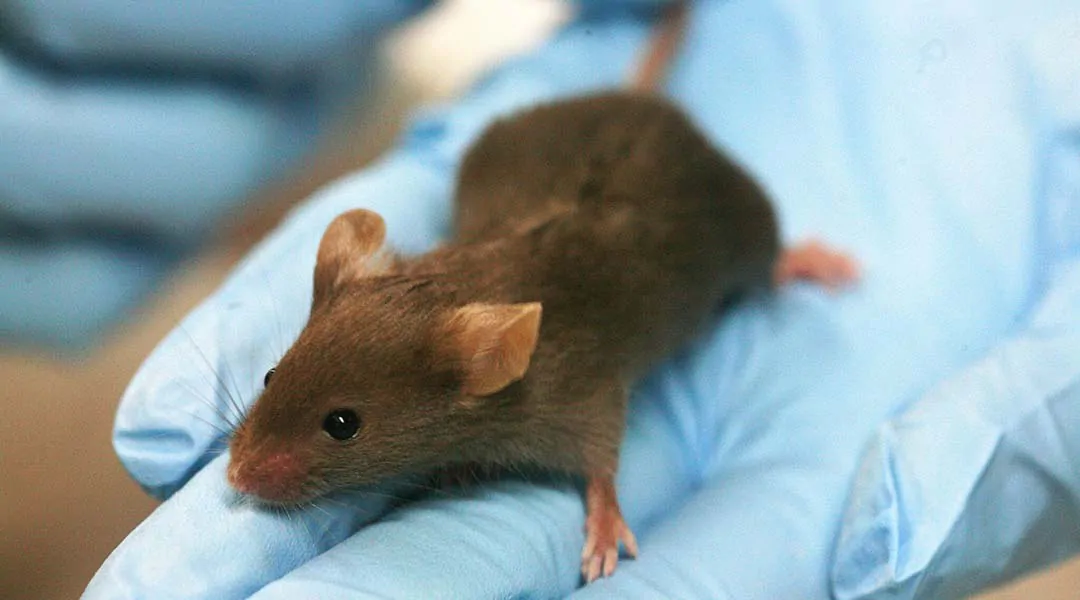
Scientists investigate the impact of hormone therapy on the fertility of trans individuals, shedding light on unknown aspects of reproductive health.
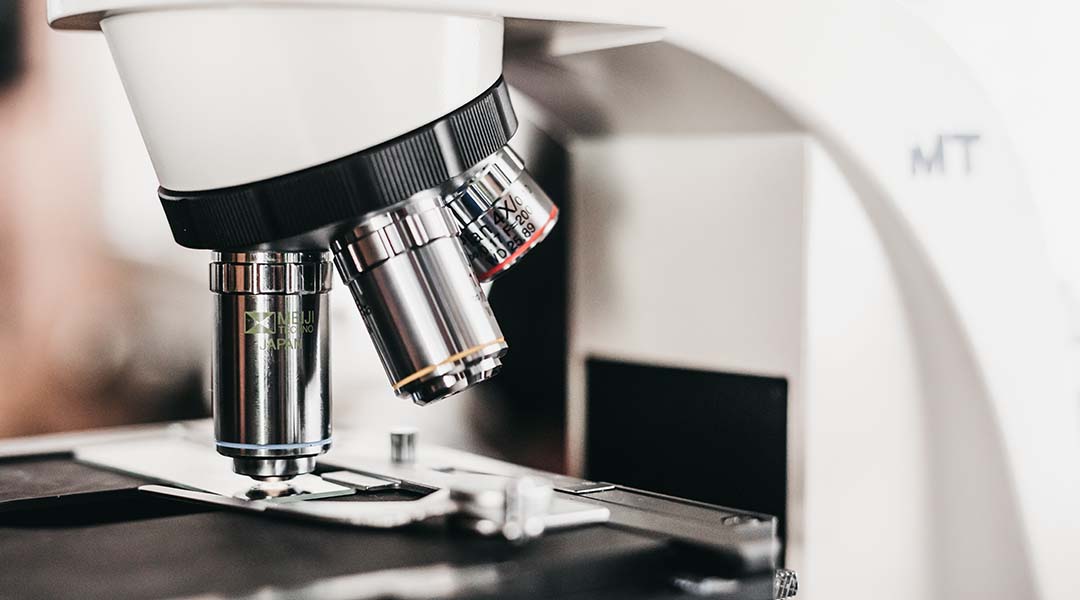
A modification to conventional microscopes pushes the limits of their resolution and enables high-precision observation of difficult-to-observe pathogens.
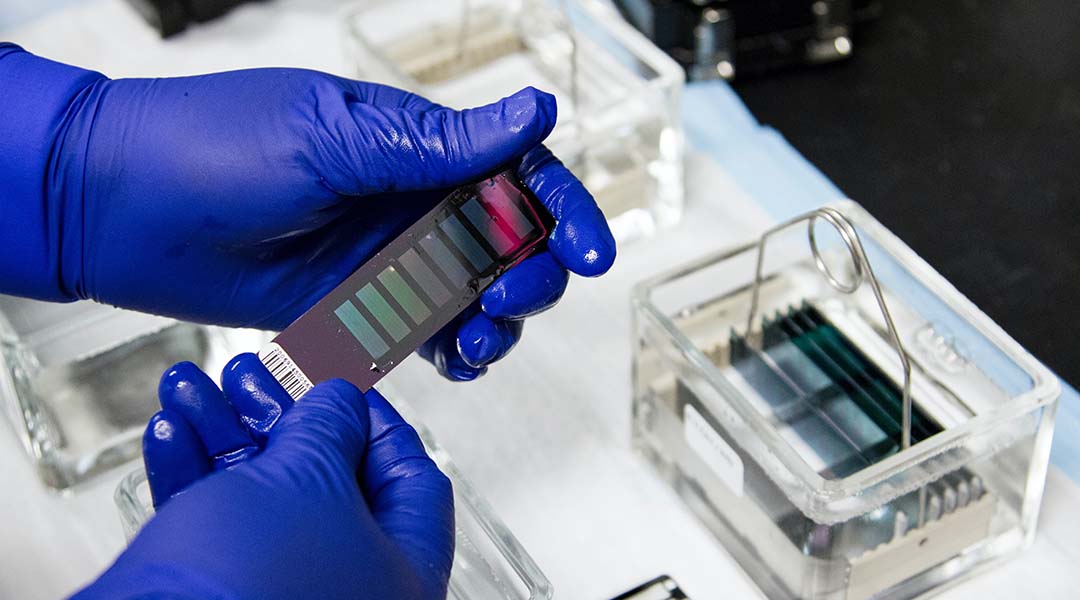
A new approach to cancer treatment combines gene editing with a known chemotherapy drug, harnessing the benefits of both for better outcomes.

A self-assembling helix formed from nateglinide, a complementary diabetes treatment, provides a protective coating that could open the door to an oral insulin medication.
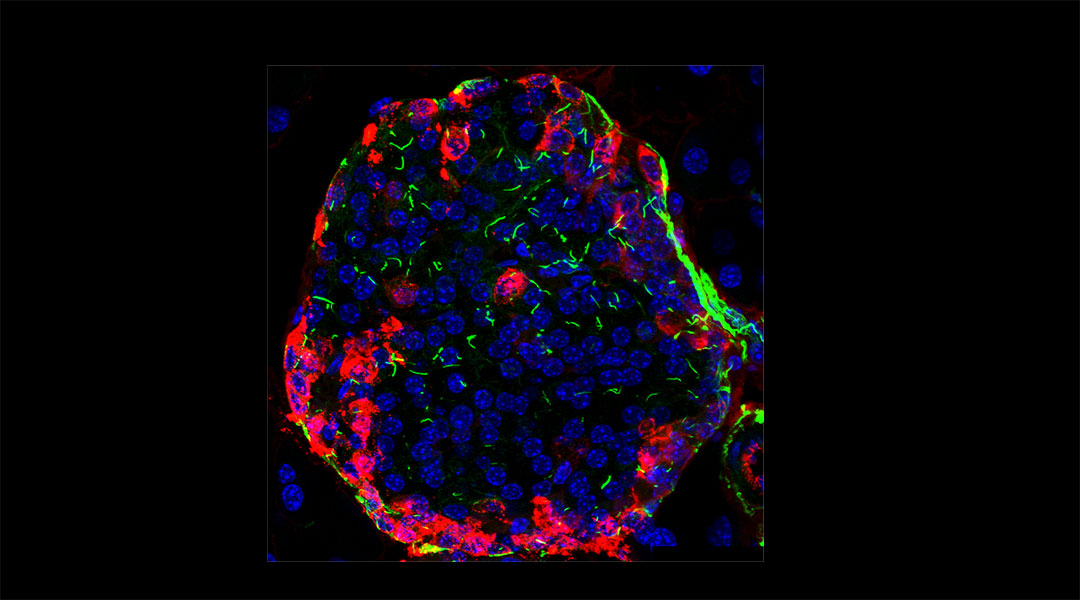
Scientists have linked cilia found on cell surfaces with mechanisms for aging, and they’re hoping to help people live longer healthier lives.

An engineered skin with a new secret ingredient helps avoid harmful inflammation while speeding up the wound healing process.

Scientists delve into how repairing dysfunctional brain circuits in Parkinson’s can offer another path forward for new treatment strategies.
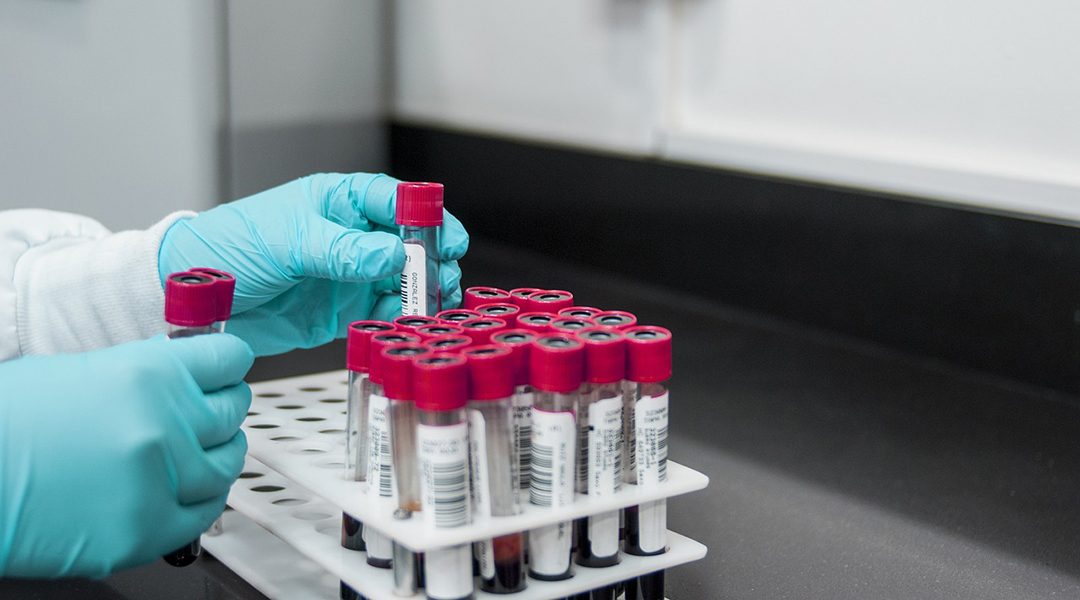
Scientists are hopeful that a new, more sensitive test for detecting ovarian cancer might provide better options, especially for patients with BRCA genes.